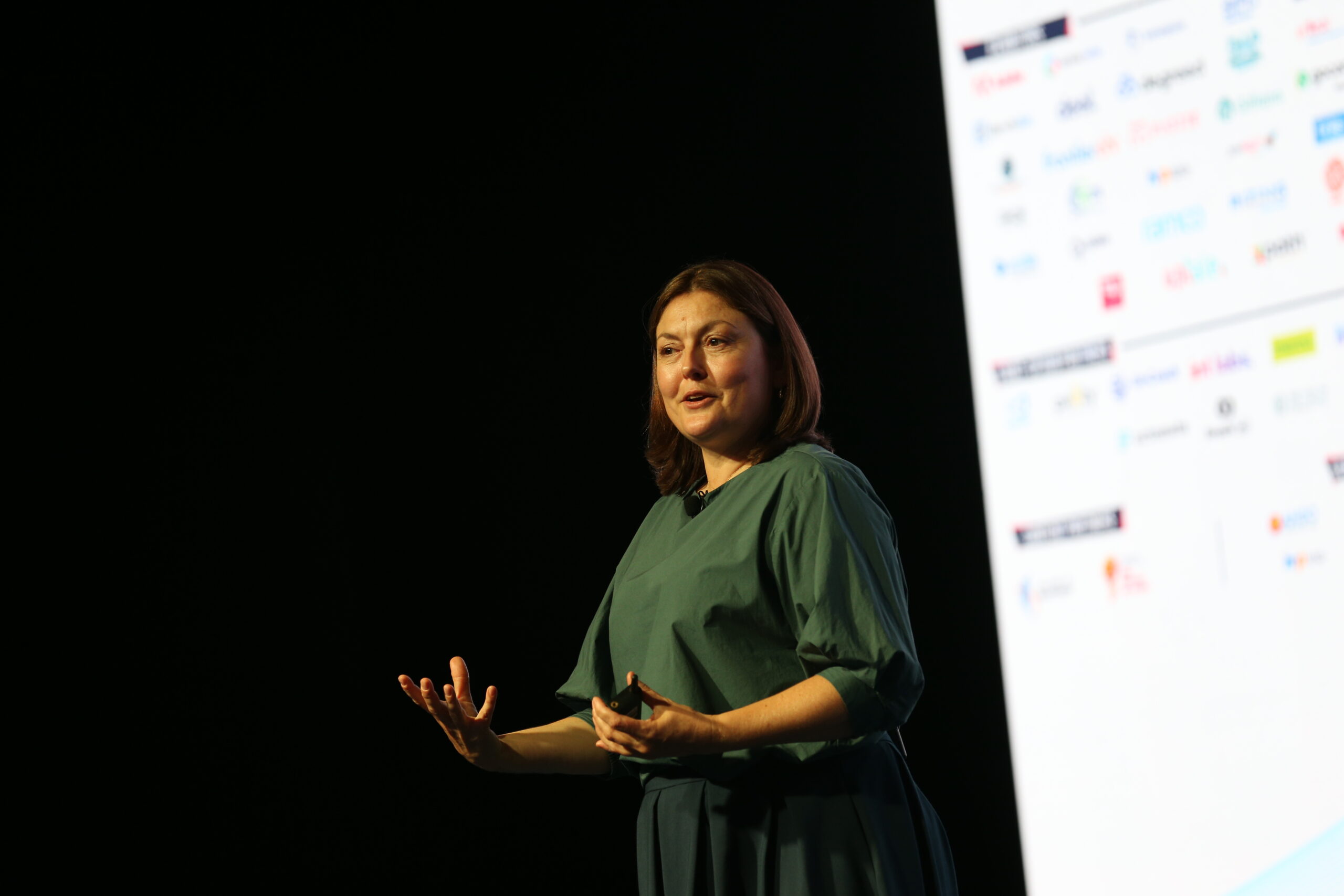The future for HR and how organisations can get there
- HRM Asia Newsroom

At HR Tech Festival 2023 last month, Philippa “Pip” Penfold shared her ideas about the Future for HR, which provided plenty of food for thought for attendees. HRM Asia caught up with Penfold for more insights on what lies ahead for HR and what organisations can do to be ready.
How do we anticipate the skills required in the next five years and how do we train our employees to be future ready?
Penfold: Ever since the future relevance of our current skills became uncertain, we have sought answers from others in the hope that they have a crystal ball. We all want to know what skills will ensure our ongoing employability. HR is cut twice by this uncertainty, carrying the burden for their employees who seek answers for themselves and from business, who expect HR to deliver a workforce ready for whatever the future holds. We continue to ask, despite knowing the truthful answer; nobody really knows. Acting despite uncertainty is where we in HR are left, and for those boldly going forward here are some things to keep in mind.
- Don’t make promises to your employees or business. It’s ok that you don’t know exactly what skills you or they will need in five years’ time, nobody does.
- Be prepared for uncertainty and change, build flexibility and optionality into your workforce development plan and your own skillset.
- Give people freedom and support to find their own path and gather data about their experiences; it will yield helpful insights.
- There are some capabilities that are certain to be needed. The ability to adapt, critical thinking, cognitive flexibility, problem solving, creativity, emotional intelligence, and the ability to collaborate with others. These human skills are needed now and are highly likely to remain important for the next five years.
- The increasing necessity to work effectively with technology and analytics, regardless of role or level, means the importance of digital literacy and data related skills is likely to increase over the next five years.
- Some action is better than no action. Nobody has the right answer, and waiting for it will only ensure you are left behind.
What are the biggest challenges organisations face in preparing HR for the future and how do we address them?
Penfold: The HR professional of the future looks quite different to the HR professional of yesteryear. They will have a deep understanding of new technology and a fluency with data and analytics that enables them to seamlessly integrate them into their work, while maintaining and enhancing the capabilities unique to HR, many of which are rooted in neuroscience and organisational psychology. They will also need to step beyond today’s boundaries of HR, helping their business respond to broader issues such as climate change, economic uncertainty, and human development. They are also adept at working across functional and business unit boundaries and are highly effective members of cross-functional teams. While some leadership roles may already encompass some of these features, HR professionals at all levels will exhibit these features in the future.
READ: A thriving work culture starts with total wellbeing for all employees
The main challenges for developing such a professional are twofold; finding people who are capable of and interested in working beyond the traditional boundaries of the HR function, and developing existing HR professionals. Resistance to change is often used to explain HR professionals that are not evolving, but often it is the business and business systems that keep HR in old patterns and ways of working. The development of HR goes hand in hand with the evolution of their business. Giving HR professionals the time, education, and opportunity to work differently is an important step in helping them to be ready for the future. Businesses that expect different contributions from HR professionals, will attract and develop those with broader capabilities.
What are the HR opportunities that excite you about leveraging AI and the Metaverse?
Penfold: What excites me the most is not the technologies themselves but the world we can create by choosing how we use them. I have always believed HR has a critical and valuable role to play in co-designing, alongside IT, the future workplace with technology. HR adds the human dimension to technology decisions and together we can all rise to the challenge of how to integrate human and machine intelligences, designing sociotechnical systems in ways that bring out the best of what it is to be human. The choices we make today will shape workforces for decades and influence countless people. The importance for the current generation of HR professionals to design something we will look back on and be proud of is a very exciting opportunity.
Are generic leaders or skill-based leaders such as data/tech-centric more relevant beyond 2030?
Penfold: For decades, the definition of good leadership has evolved and will continue to do so. Human skills (previously known as soft skills) are as important as technical skills, including data and technology related technical skills. Our understanding and appreciation about the importance of human skills has grown over the years, particularly during the recent pandemic. While it is undoubtably necessary for effective leaders today to possess skills in data and technology the likelihood of those skills being more important than human skills when there are people to lead is highly unlikely. The value of a general leader, one who has a variety of human and technical skills and who can stitch solutions across them is likely to be the 2030 winning formula. Rather than being a master of one, masters of some could be the most valuable leaders of the future.
Is there still a personal touch from HR since the future is about AI/machines?
Penfold: I believe wherever there are humans the personal touch will always be important. Our challenge as HR lies in how we contribute to technology design, selection, and implementation, both within and beyond HR technology and into all technologies that touch humans in our workplace. There is a big difference between what could and what should be automated. Today, nearly everything could be, but knowing where and how it should be, to preserve human involvement where it’s valuable to do so, for the people and the business, that is HR’s challenge. HR needs to choose where the human touch should be included alongside technology and help design the sociotechnical system in a way that preserves and enhances the human experience and our connection with others.






